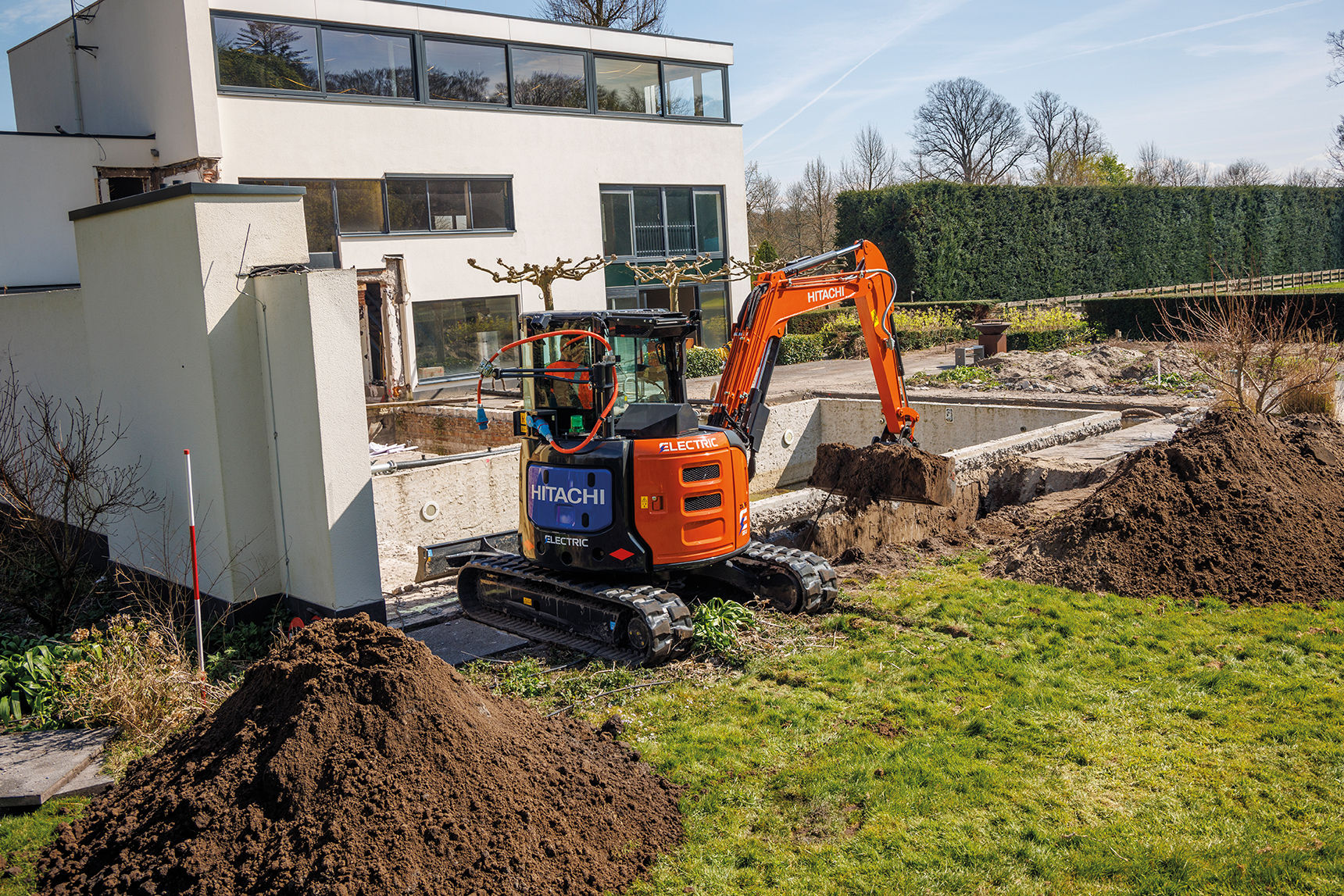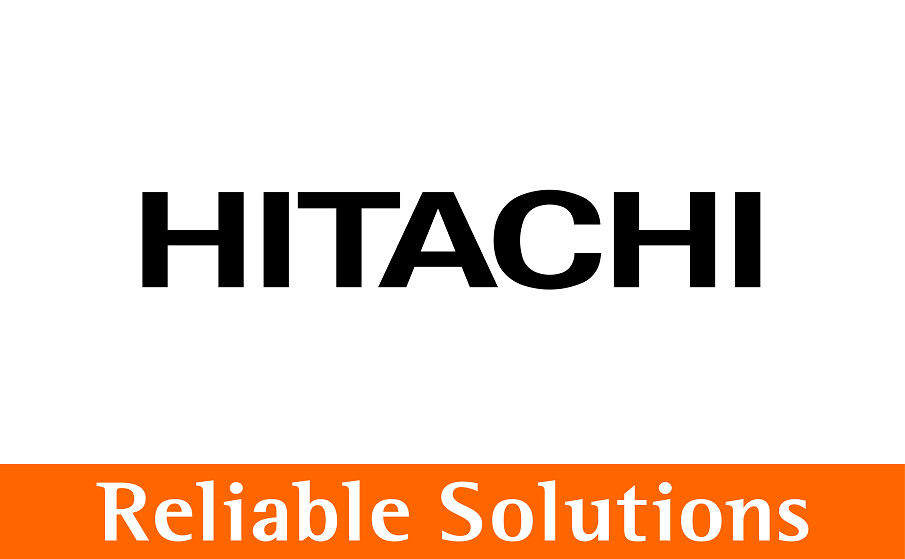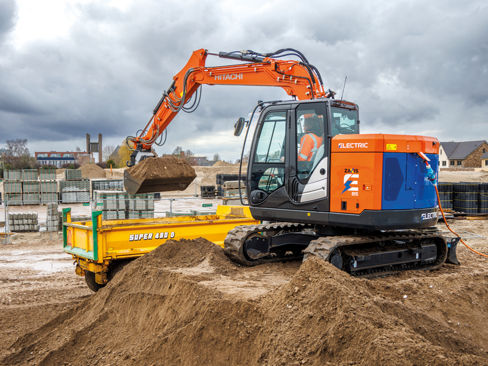Electric excavators: when should you switch?
As environmental regulations tighten and the demand for greener solutions grow, electric excavators are becoming a viable alternative to traditional fuel-powered machines. If you’re deciding whether to invest in electric excavators, it’s worth thinking about regulatory requirements, environmental considerations, and operational needs. Here are some key factors to consider…
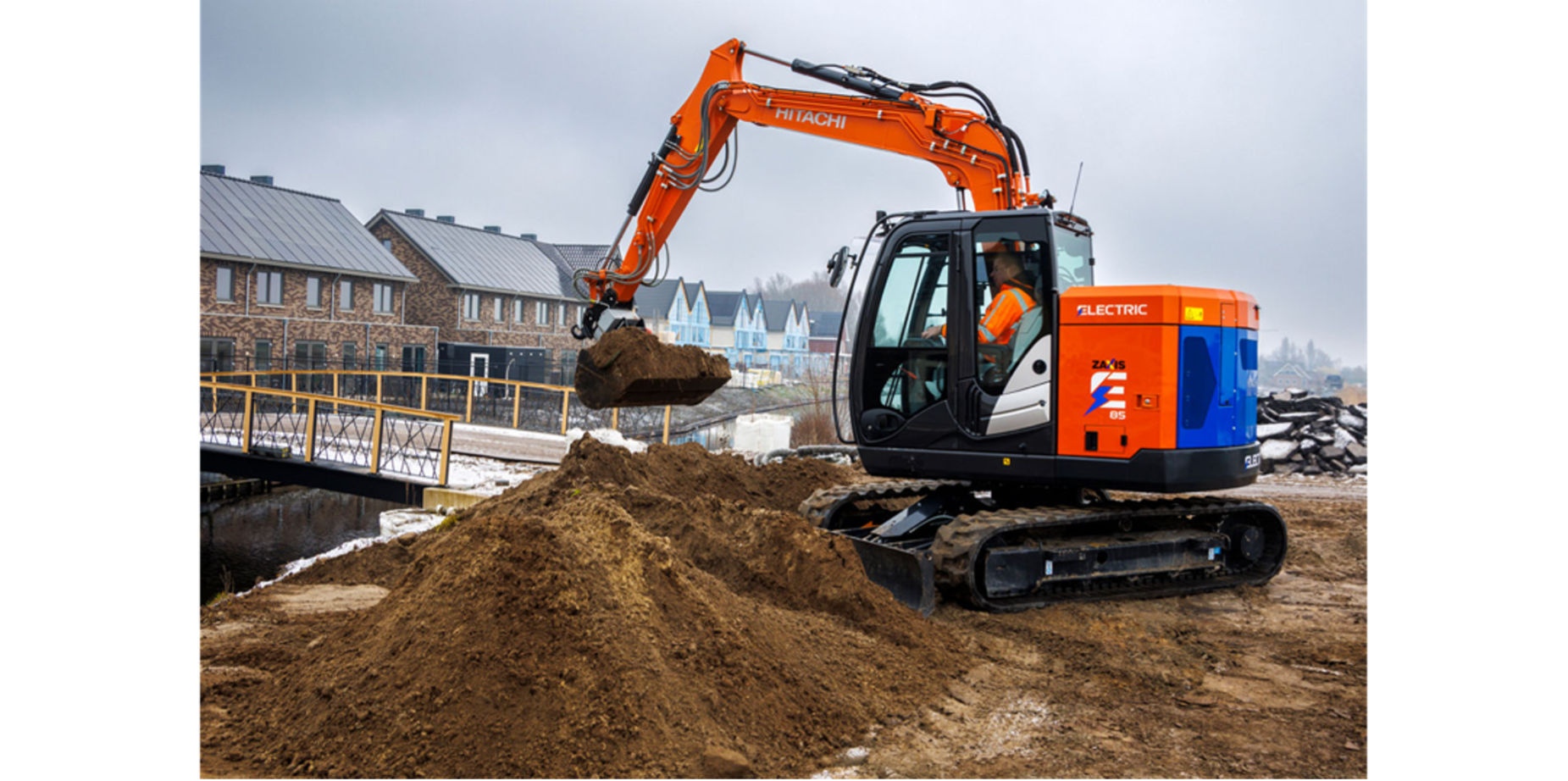
1. Regulatory compliance
Urban construction projects: many cities are implementing stricter emission regulations to combat air pollution. If your projects are based in urban areas with stringent environmental standards, transitioning to electric excavators can help you comply with these regulations and avoid potential fines.
Government incentives: various governments offer incentives for adopting green technologies. Research available grants, tax breaks, or subsidies that could offset the initial investment in electric equipment.
2. Project specifications
Indoor and enclosed spaces: projects that involve indoor work, such as tunnelling or construction within enclosed spaces, can benefit from the zero-emission and low-noise characteristics of electric excavators.
Environmentally sensitive areas: if your project is located in or near nature reserves, protected areas, or residential zones, electric excavators minimise environmental disruption and reduce the impact on local communities.
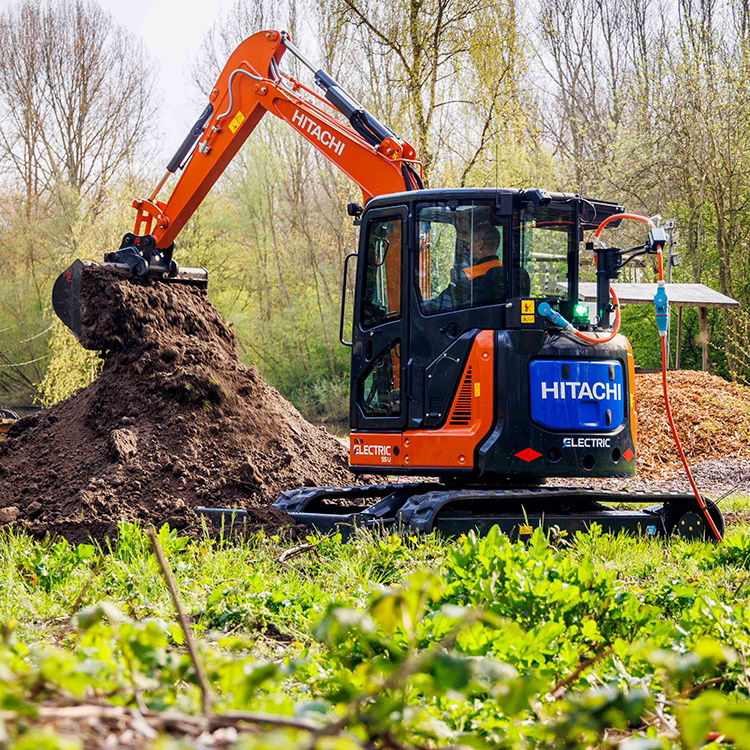
3. Cost-benefit analysis
Total cost of ownership: while the upfront cost of electric excavators may be higher, the long-term savings on fuel and maintenance can make them more cost-effective over time. Conduct a thorough cost-benefit analysis to compare the life-cycle costs of electric versus fuel-powered machines.
Operational efficiency: evaluate the efficiency of electric excavators in terms of energy consumption and productivity. Projects with high operational hours may see quicker returns on investment due to lower energy costs.
4. Corporate sustainability goals
Green certifications: if your company aims to achieve certifications such as WELL or BREEAM, incorporating electric excavators into your fleet can contribute significantly to earning these credentials.
Corporate responsibility: demonstrating a commitment to sustainability can enhance your corporate image and appeal to environmentally conscious clients and stakeholders.
Switching to electric excavators such as the Hitachi ZX55U-6EB, the ZX85-6EB and the ZE135 is a decision that can benefit your operations, the environment, and your bottom line. By considering regulatory requirements, project specifications, cost implications, and corporate sustainability goals, you can determine the best time to make this transition.
“Here at HCME, we are committed to providing the expertise and support you need to successfully integrate electric excavators into your fleet, paving the way for a more sustainable and efficient future in construction.” Concludes Product Manager Nori Kinugawa.
Why stop reading now? Others also liked:

Subscribe
Keep up to date with the latest news from Hitachi Construction Machinery (Europe) NV (HCME).
